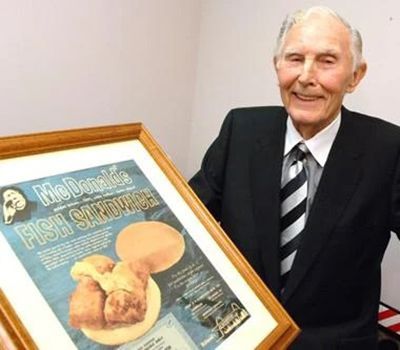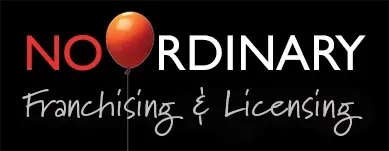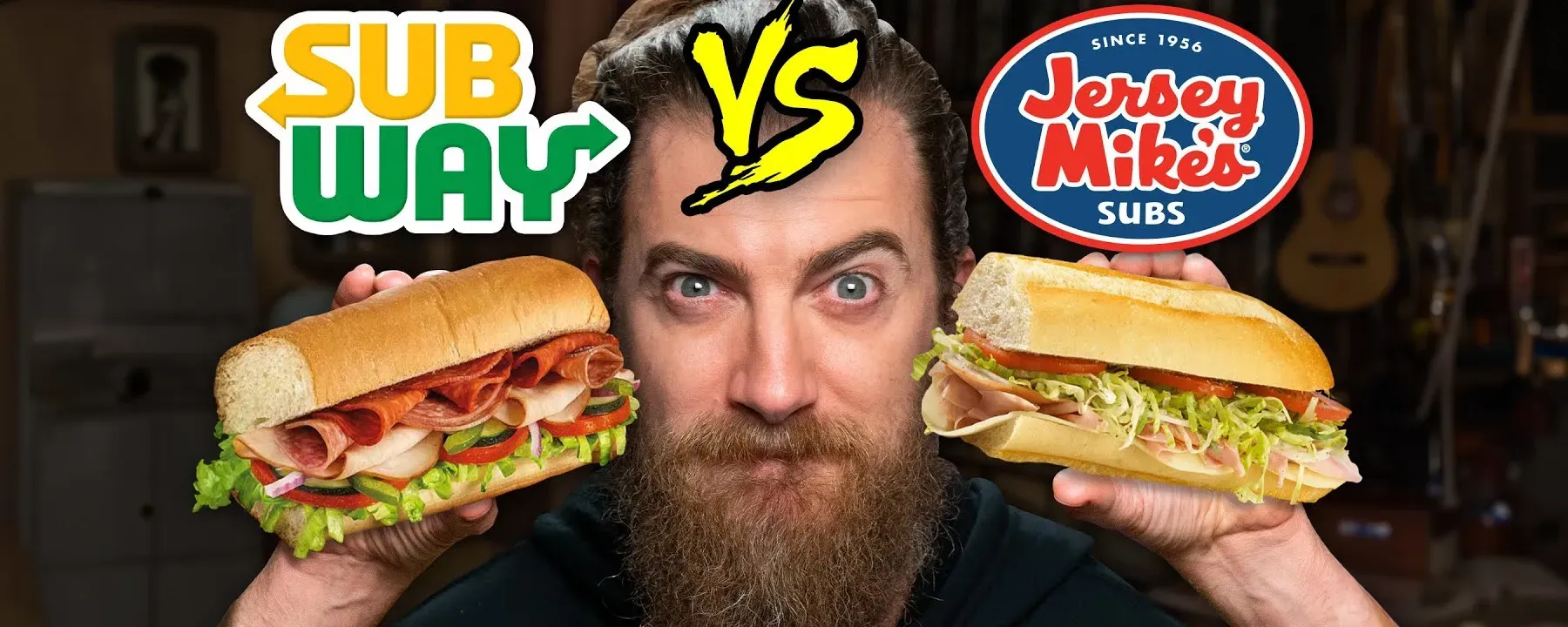How to Make Your Franchise More Resilient in These Tough Times
New Zealand has just come out of a recession and analysts are predicting there’s a 50% chance that Australia will slip into one within the next 12 months. What can you as a franchisor do to strengthen your franchise and bounce back stronger?

1. Diversify Your Revenue Streams
One of the keys to resilience is not relying heavily on a single source of income. What other products or services might complement the ones you’re currently offering? Franchisors don’t have the monopoly on good ideas, so it might pay to encourage your franchisees to explore additional revenue streams within their business model—with your approval, of course. Remember that two of McDonald’s most popular and enduring burgers, the Fillet-o-Fish and Big Mac, came not from McDonald’s itself but from franchisees.

- Some café franchises like Gloria Jean’s have diversified by expanding into grocery items. Alongside their coffee shops, Gloria Jean’s now sells coffee beans, coconut milk and festive gift baskets both in stores and online. This has reportedly boosted total revenues by 15%.
- Australian fast food franchise Hungry Jack’s jumped into merchandise by launching a line of co-branded hoodies, caps and lunchboxes in partnership with retail giant Big W. Royalties from the store brand have added 3% to total franchise income.

2. Streamline Operations and Reduce Costs
Efficiency is key during tough times. Franchisees can benefit from their franchise’s group buying power in almost every aspect of their businesses, but in my experience, many franchisors simply aren’t making the most of all the opportunities available to them. Now’s the time to start implementing technology solutions, optimising supply chains, streamlining management and modifying your business model to free up resources and serve as a buffer during challenging times, both for you and your franchisees.

- Fitness franchise Anytime Fitness has focused on developing more affordable studio formats to attract franchisees and members. They’ve opened smaller ‘micro studios’ that cost less to build out. This lowers the barrier to entry for potential franchisees.
- Domino’s Pizza streamlined store layouts and equipment configurations, paring back unused space and items no longer required post-Covid. Restaurants saw energy bills cut 15-25% on average from these ‘density gains’.
3. Enhance Communications and Support
In times of uncertainty, it’s important to keep the lines of communication open between franchisors and franchisees. Regular check-ins, updates and feedback sessions can help build trust and foster a sense of community. It’s important for franchisors to stay positive and optimistic right now. By focusing on the future and working together with franchisees to overcome obstacles, you can help build a stronger, more resilient franchise system that is better equipped to handle whatever challenges come your way, now and in the future.
- The Coffee Club launched a new digital portal with educational webinars on topics like pricing, delivery partnerships and marketing.
- McDonald’s Australia hosted three free ‘business bootcamp’ conferences in 2023, focusing on financial management, workforce strategies and supplier relationships. Over 90% of franchisees attended each event.
- Subway tripled the frequency of store visitation by regional managers, along with phone coaching while F45 added a 24/7 online support chat and established local franchisee networking groups across cities.
4. Strengthen Financial Resilience
Since the pandemic, forward-thinking franchisors have been encouraging franchisees to build financial reserves to weather unforeseen crises. This might involve setting up contingency funds, securing lines of credit or creating flexible financing options. Providing financial education and resources can empower franchisees to make informed financial decisions during tough times.
- Subway launched an online budgeting tool to help franchisees better forecast expenses and plan for periods of lower sales. Over 90% found it effective.
- Jetts provided no-interest working capital loans to franchisees requiring short-term cash flow support to maintain inventory or staffing levels.
- Aussie Disposals negotiated longer payment windows from key suppliers, yielding extra float to ease franchisee cash cycles.
5. Embrace Technology and Digital Transformation
Franchising brands are racing to adopt technology that can both slash costs and boost revenues as the economy softens. More and more franchisors have been investing in technology to facilitate remote operations, online marketing and e-commerce capabilities. They understand the need to help franchisees adapt to new technologies, whether it's implementing a robust POS system, developing a mobile app for customer engagement or turning to AI (artificial intelligence) to supercharge their operations and marketing.
- The Coffee Culture loyalty programme transitioned to a mobile app with personalised rewards and promotions to encourage repeat custom.
- Cookie Time partnered with a meal kit provider to offer a range of cookie dough kits for home delivery. This expanded their customer reach online.
- Domino’s introduced AI-powered Automated Store Management Systems that optimise ordering, production times and routing, boosting throughput by 15% without increasing staff.
6. Revise Franchise Agreements and Terms
Franchise agreements can feel unnecessarily draconic as the economy tightens and franchisees find themselves under greater financial pressure. To be truly successful, franchising must be a win-win for franchisees as well as franchisors. So now might be the time to consider reworking your agreement to include flexible royalty arrangements during downturns, temporary adjustments to support fees or more lenient terms for lease agreements.
- ChemDry added clauses allowing deferral of fees for up to 90 days and temporary refinancing of existing debt obligations through the franchisor to avoid defaults in downturns.
- Domino’s revised contracts to halt average 5% yearly royalty increases originally planned through to 2025, stabilising costs for operators grappling with ingredient inflation.
- Subway introduced new optional variable royalty tiering based on monthly sales levels.
8. Foster Innovation and Creativity
Necessity is the mother of invention and first the pandemic and now spiralling inflation has forced many businesses to adapt quickly to changing circumstances and buyer behaviour.
Franchisors must be prepared to pivot their business models, adjust their marketing strategies and offer new products or services—or risk becoming irrelevant and uncompetitive in a rapidly changing market.
- McDonald’s has adjusted its marketing strategies to focus on value-oriented promotions during economic downturns, such as the Saver Menu. They also introduced their McDonald’s Monopoly sales promotion where ‘you can play for a 1 in 4 chance to win from a prize pool of over $296 million’.
- New Zealand café franchise Coffee Culture has opened ‘cloud kitchens’ for delivery-only orders processed via food apps, allowing them to operate in suburban areas not feasible for dine-in locations. Delivery now makes up 25% of sales.
8. Get Independent Professional Help
It's always hard to ‘see the forest for the trees’ in your own business. That’s why so many franchisors turn to consultants for a ‘fresh pair of eyes’ on their business and independent advice and guidance. As a franchise and business consultant, I can almost always see what my clients can’t—the underlying and deeper reasons for the issues they are facing. This, I’ve found, is instrumental when I’m working with clients to come up with smart and practical solutions, many of them innovative and groundbreaking. Check out this small sample of examples.
Just some of the value I have added for clients:
- Resolved an international licensing issue for entertainment technology company, Magic Memories
- Re-engineered Signature Homes’ business and franchise models and helped them build the foundation to become the largest Kiwi-owner home builder
- Developed a unique licensing system for agritech innovator Pastoral Robotics and helped them establish a joint venture with a leading agricultural cooperative company
Free Initial Consultation
Call me on +64 9 360 6063 or email me on robin@noordinary.co.nz or send the form below to arrange a 30-minute Zoom or phone chat with no obligation.
Contact Us

Share on your Page:
Follow us:














